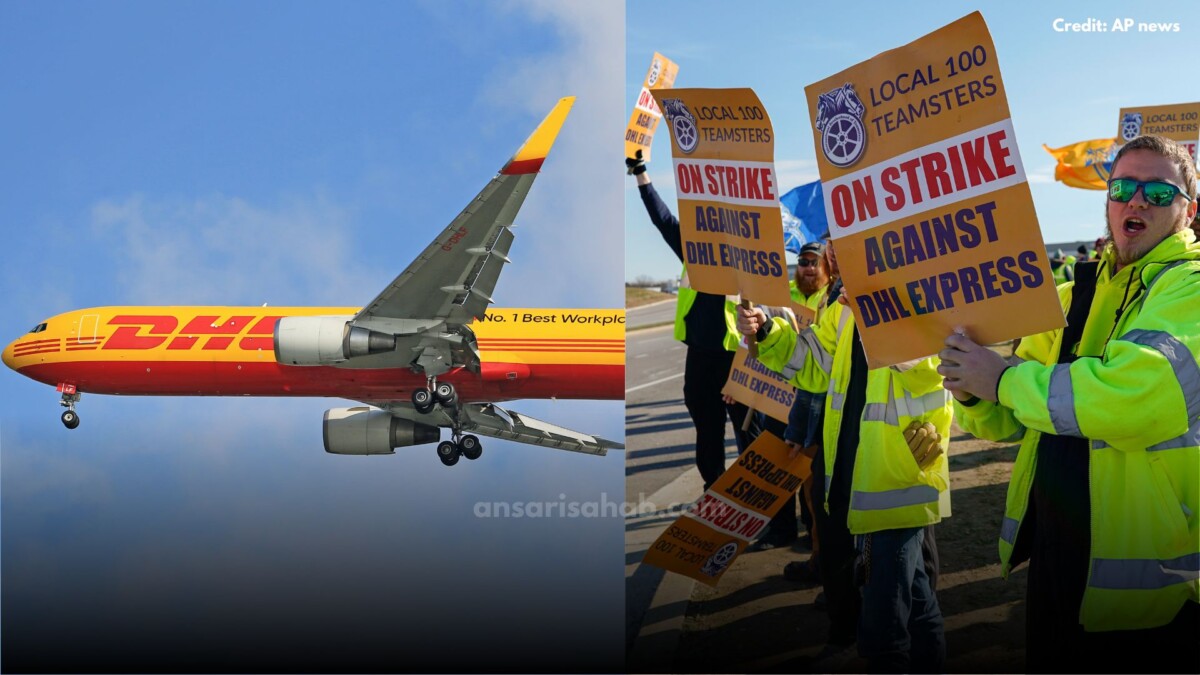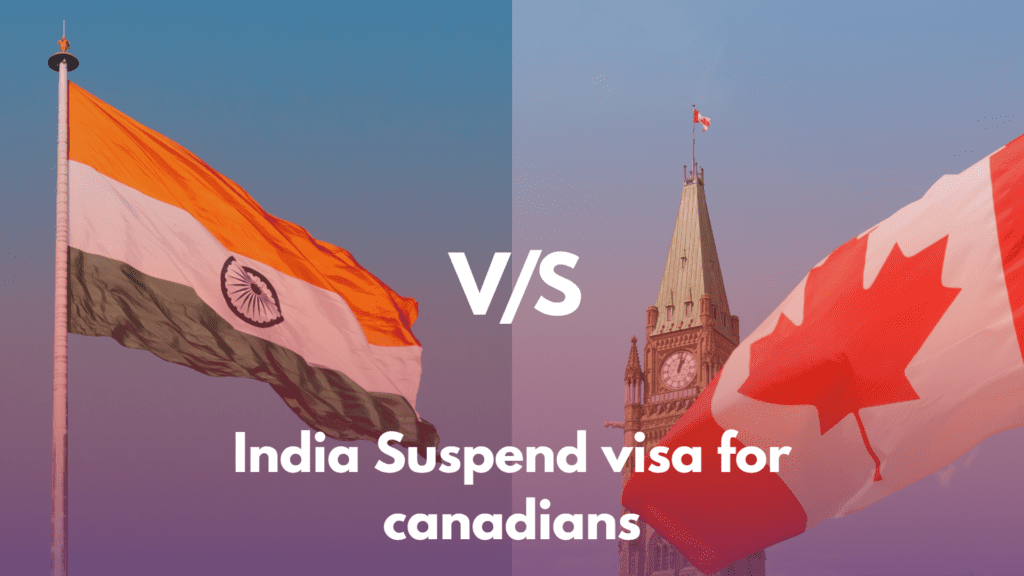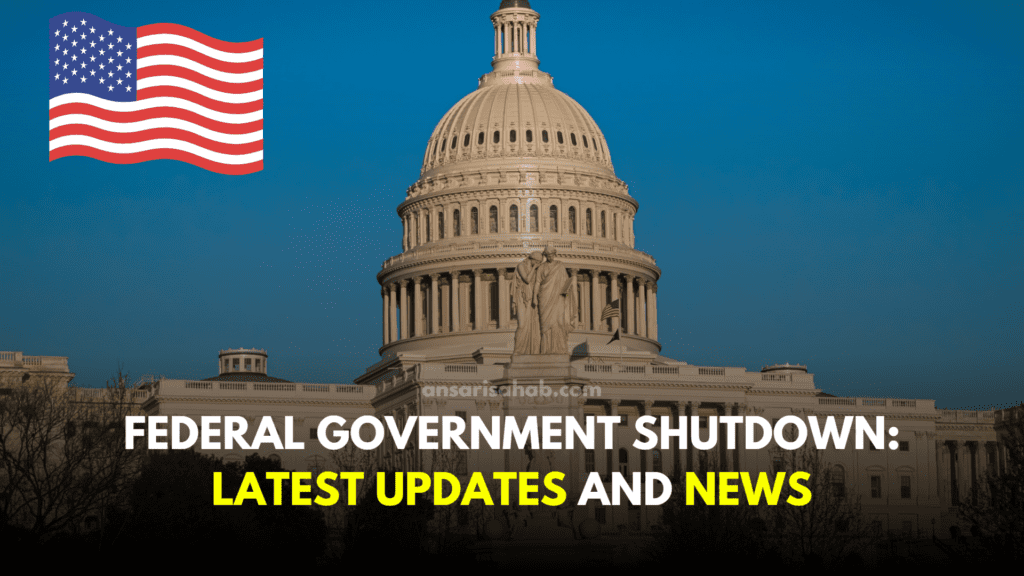In a critical turn of events, over 1,100 DHL Express employees at the Cincinnati/Northern Kentucky International Airport (CVG) initiated a strike on December 8th, 2023. Organized by the International Brotherhood of Teamsters (IBT), the strike is rooted in the workers’ demands for fair labor practices, better wages, and improved working conditions. As the strike unfolds, it threatens to disrupt DHL’s air cargo operations, posing significant challenges during the busy holiday shipping season.
Reasons for the Strike:
The strike stems from a prolonged negotiation process between the IBT and DHL Express, with workers expressing dissatisfaction over several key issues:
- Low Wages:
- Workers are advocating for substantial pay raises to align with the increasing cost of living.
- The median wage of $18.00 per hour for DHL Express workers in the U.S. has become a focal point of contention.
- Unfair Labor Practices:
- Accusations of unfair labor practices, including discrimination, retaliation, intimidation, and surveillance, have been leveled against DHL.
- Workers allege that the company has hindered their efforts to unionize, further exacerbating tensions.
- Working Conditions:
- Concerns regarding excessive workloads, limited scheduling flexibility, and inadequate staffing levels have fueled the workers’ demands for improved conditions.
Impact on Operations and Holiday Shipping:
The strike’s immediate repercussions are evident at the CVG hub, a critical component of DHL Express’s air cargo network. The disruptions have already led to delays and cancellations of flights, signaling potential setbacks for holiday deliveries. DHL’s prominent position as one of the world’s largest shipping companies intensifies the impact, with consumers advised to brace for significant delays.
Suggested: Tragedy Strikes Seychelles: Explosion and Flooding Devastate Island Nation
Union Support and Negotiations:
The IBT continues to spearhead negotiations with DHL Express, emphasizing the following key demands:
- Wage Increases:
- Workers seek not only fair compensation but also adjustments that keep pace with the rising cost of living.
- Improved Benefits:
- Enhanced healthcare coverage, comprehensive retirement plans, and progressive paid leave policies are central to workers’ demands.
- Job Security:
- Apprehensions about outsourcing and automation underscore the call for measures ensuring job security amid evolving industry dynamics.
- Addressing Unfair Labor Practices:
- The union is actively addressing allegations of discrimination and retaliation, seeking resolutions that safeguard workers’ rights.
Consumer Impact and Recommendations:
Consumers anticipating DHL Express shipments during the holiday season are urged to consider the following:
- Expect Delays:
- Given the ongoing strike, delays in package deliveries are inevitable. Consumers are advised to plan accordingly and anticipate potential setbacks.
- Ship Early:
- To circumvent holiday shipping challenges, early shipment of gifts is recommended to ensure timely arrivals.
- Explore Alternatives:
- Alternative shipping options such as FedEx, UPS, USPS, and Amazon Shipping present viable alternatives for consumers seeking reliable delivery services.
- Consumer Protection:
- In cases of delays or issues with shipments, consumers are encouraged to reach out directly to the shipping company. Filing complaints with the Federal Trade Commission (FTC) is an option for addressing grievances.
Potential Solutions and Outlook:
Negotiations between the IBT and DHL Express are ongoing, with both parties expressing a shared interest in reaching a fair agreement. While the resolution timeline remains uncertain, potential solutions include:
- Contract Agreement:
- A negotiated contract that addresses workers’ demands and aligns with DHL Express’s operational needs.
- Government Intervention:
- Federal mediation could serve as an alternative avenue for resolving the dispute, though it may entail a protracted process.
- Industry-wide Dialogue:
- The strike underscores broader challenges in the shipping industry, prompting discussions about labor rights, working conditions, and the balance between employee welfare and corporate interests.
Conclusion:
The DHL Express workers’ strike in Cincinnati casts a spotlight on the intricate dynamics between labor and management, with far-reaching implications for holiday shipping. As negotiations persist, consumers, businesses, and industry observers alike are closely monitoring developments that could reshape the landscape of the shipping industry.
This evolving situation emphasizes the importance of fair labor practices, worker empowerment, and collaborative efforts to ensure a robust and sustainable future for the shipping workforce. The ongoing dialogue between the IBT and DHL Express serves as a testament to the pressing need for equitable solutions that harmonize the interests of both workers and the company.









